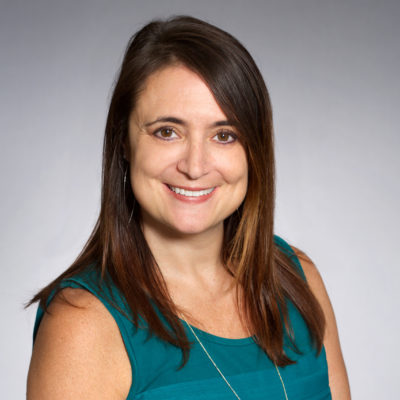
Nutrition Optimization – A Core Tenet at Virginia Cancer Specialists
Did you know that feeding your body the nutrition it needs during cancer can help with regimen tolerance, preventing hospitalization, and improving quality of life?
Even though approximately 90% of cancer treatment is provided in an outpatient setting, many centers do not offer nutrition counseling and intervention as part of their care. However, Virginia Cancer Specialists understands the important role that nutrition plays as part of our comprehensive 360-degree system of support and encourages patients to see a member of our registered dietitian (RD) team before and/or during treatment.
When to See a Dietitian
While any Virginia Cancer Specialists patient can schedule a consult with an on-staff dietitian at any time, the following situations and milestones can offer a roadmap for when to seek nutrition care:
- You have lost weight prior to being diagnosed with cancer. Cancer can result in increased nutrition requirements for your body and/or for you to eat less. As a result, many patients present with significant and unintended weight loss before diagnosis. Unintended weight loss is an indication that the body may not be getting the calories and/or nutrients it needs.
- You are having symptoms that affect what and how much you can eat. Aversions to smell and taste, difficulty swallowing, feeling full quickly, and other symptoms often occur in conjunction with cancer and/or treatment. Virginia Cancer Specialists Registered Dietitians are equipped with tips and tricks to help sidestep these challenges.
- You are having symptoms that may be affecting normal absorption of nutrients and/or that may be able to be managed by your diet. Constipation, diarrhea, and malabsorption can be part of cancer treatment and oftentimes can be alleviated with dietary adjustments.
- You are overweight or experiencing treatment-related weight gain and are interested in sound and safe strategies for weight loss. Certain cancer treatments, particularly those that are associated with hormonal changes, can result in weight gain and require additional support from a nutrition professional.
- You are interested in understanding how to eat for cancer survivorship. Nutrition and physical activity are among the most modifiable variables that can impact the risk of cancer development. Learn what eating patterns would be most enjoyable and beneficial to you!
Scheduling a Nutrition Consult
If you are uncertain whether you are a good candidate for nutrition counseling, ask a member of your care team at any time. If you would like to go ahead and schedule, ask at the office or call our Central Scheduling at 703.208.3155.
By: Shelley Maniscalco, Registered Dietitian









